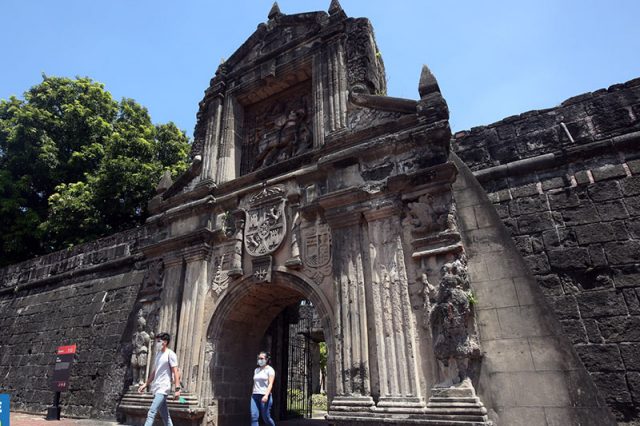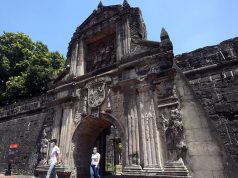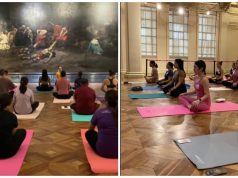
Filipinos can enjoy a free guided tour of the historic Fort Santiago in celebration of the country’s Museums and Galleries Month this October.
On October 15, visitors can drop by Intramuros and have a tour which comes free by purchasing an entrance ticket to the citadel.
Adults can enter for P75 while students, seniors, persons with disabilities, children and government employees can enter for P50, provided they have an ID.
The promo will last from 9 a.m. to 4 p.m. on that day.
The Museums and Galleries Month is celebrated every month of October as stated in Presidential Proclamation No. 798 (series of 1991).
The proclamation emphasizes “the importance of arousing national consciousness and pride in our rich Filipino culture and heritage embodying the aspirations of the nation, expressed in all media of art as well as historical and religious artifacts.”
According to the National Commission for Culture and the Arts, the observance “recognizes that these cultural and art forms are necessary for nation-building and shaping national destiny.”
ALSO READ: Philippines’ first clock tower museum to officially open its doors soon
Meanwhile, the Intramuros Administration‘s announcement of free guided tours elated Filipinos who tagged their Facebook friends in the comments.
“Lezzgo [redacted] eto na ‘yung failed date natin HAHAHA,” a Pinoy wrote.
“[Redacted] dito tayo sa Sabado celebration, may free tour guide!” another online user exclaimed.
“[Redacted] let’s go, para alam ng mga bata ang history,” a different Facebook user said.
Fort Santiago is a national shrine that has witnessed numerous events in the country’s prehispanic and colonial history, as well as the Filipinos’ journey to independence.
The site became a formidable symbol of Spanish power in the orient.
It is named after St. James the Moor-slayer or Santiago Matamoros in Spanish language.
The tourist destination is notable for serving as the headquarters of the armies of foreign powers in Philippine history, namely the Spanish, British, the Americans and the Japanese.
The fort has been considered a National Shrine and National Monument since 1951 and a National Cultural Treasure since 2014.








